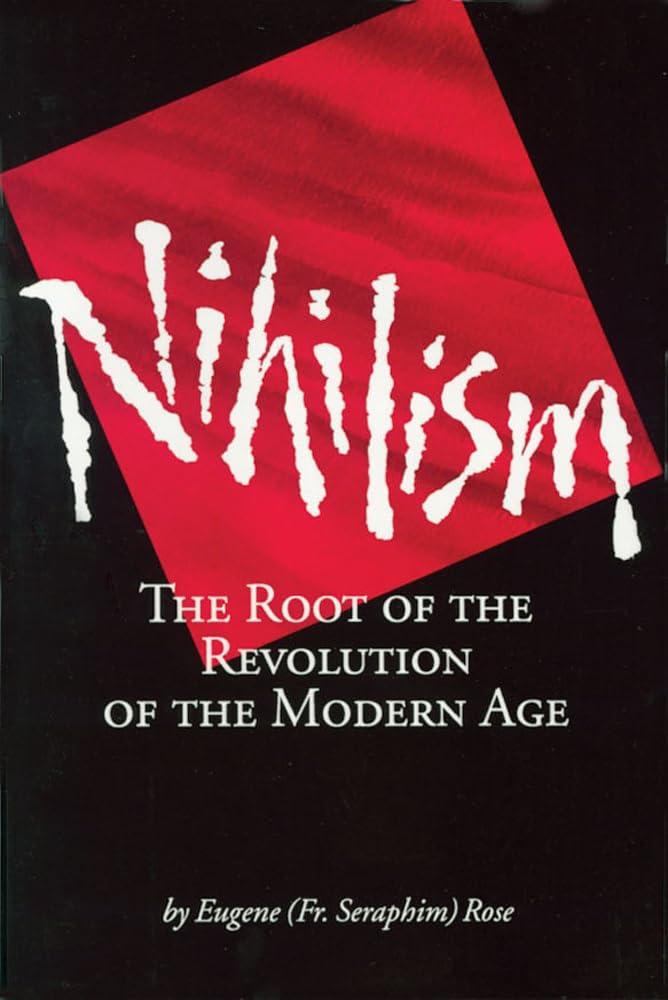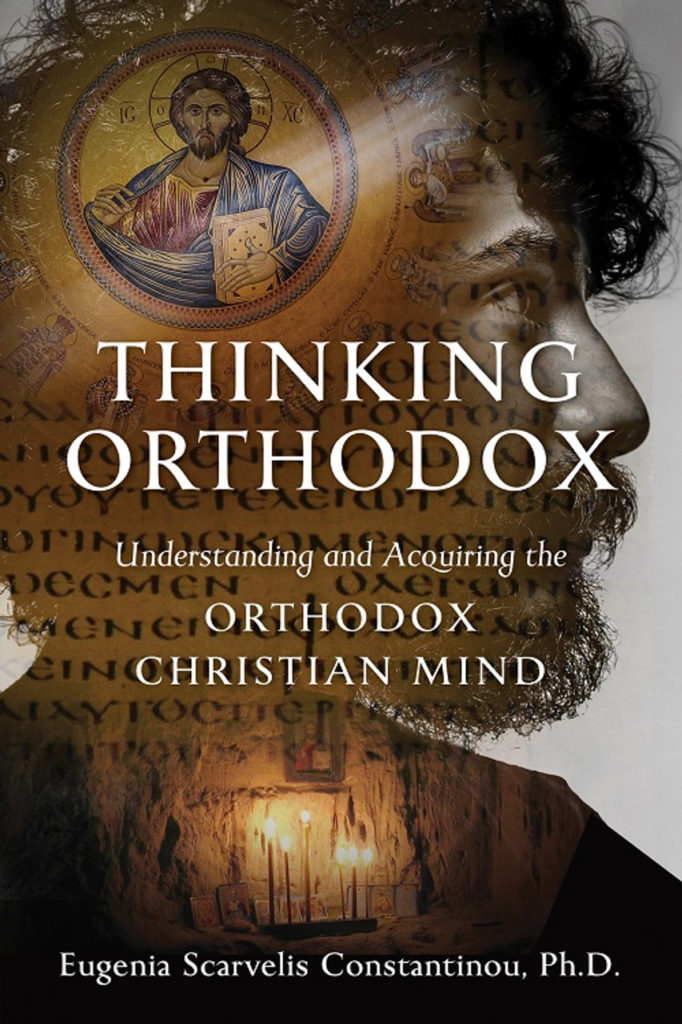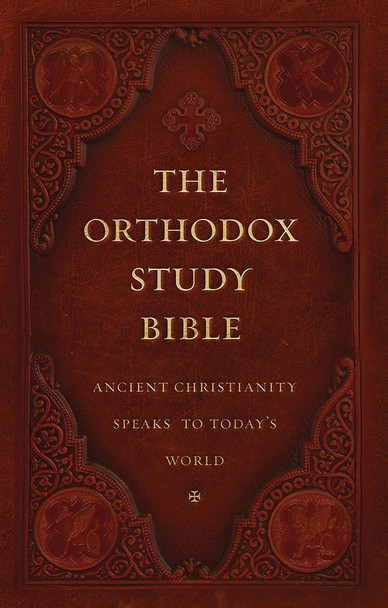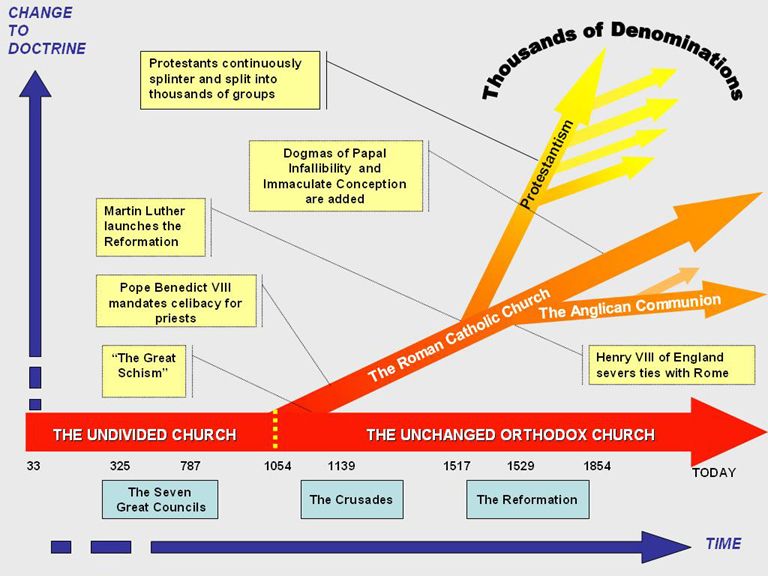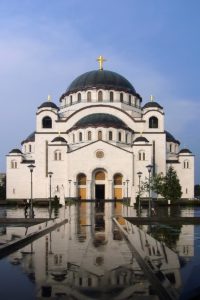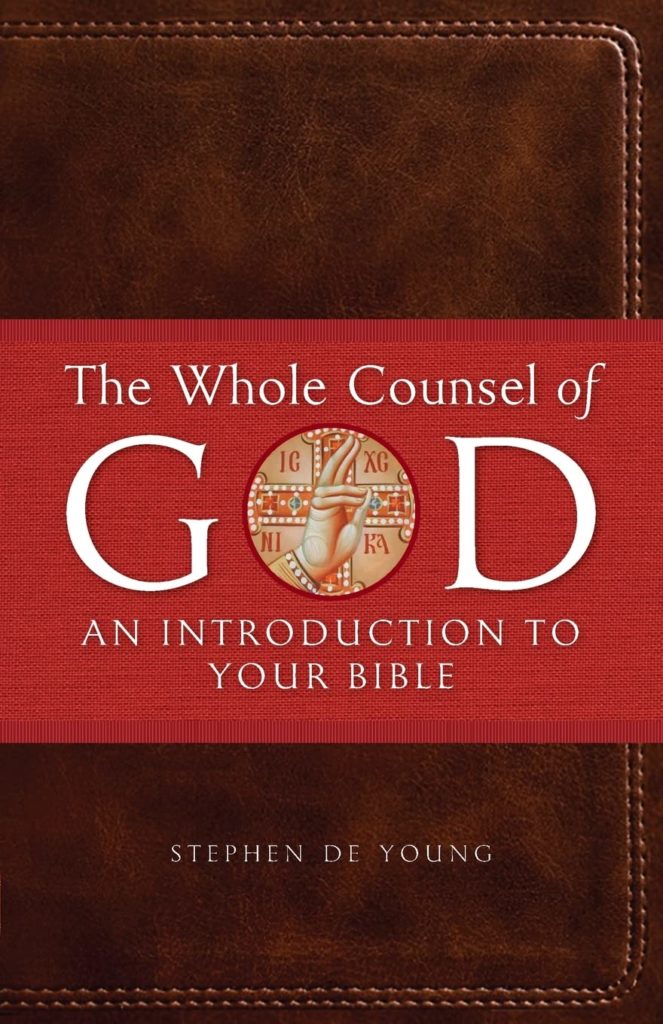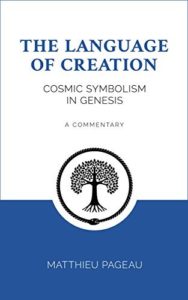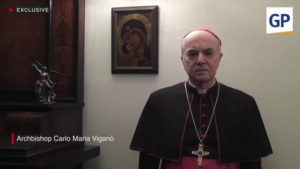by DAVID BROWN | CLEARNFO.com | March 7th, 2021
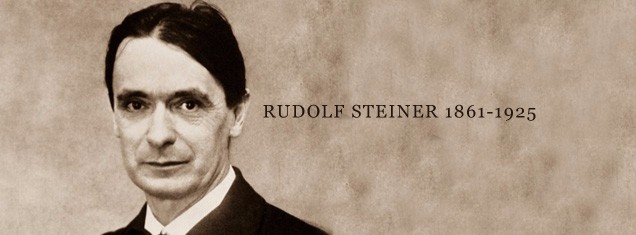
Important dates / information to keep in mind:
- World War I: 28 July 1914 – 11 November 1918 (4 years, 3 months and 2 weeks)
- Rudolf Steiner: 27 February 1861 to 30 March 1925 (64 years)
- Born in Murakirály, Kingdom of Hungary, Austrian Empire (now Donji Kraljevec, Croatia) Died in Dornach, Switzerland.
The Karma of Untruthfulness | Secret Societies, the Media, and Preparations for the Great War
Vol 1, 13 Lectures 1916
The Karma of Untruthfulness | Secret Societies, the Media, and Preparations for the Great War
Vol 2, 12 Lectures 1917
As I’m listening to and reading Rudolf Steiner’s Karma of Untruthfulness, I am struck by how much detail he is able to provide from history and his current events surrounding WWI. What a wonderful treasure-trove of fascinating information.
I was completely unaware of Steiner’s Anthroposophy or spiritual science and would tend to dismiss this kind of foolishness out of hand, but on closer inspection I can find some agreement with his motives and some of his conclusions. Worth a look, and Wikipedia seems to do a great job on Anthroposophy– worth reading the entire article.
Wikipedia: Anthroposophy’s supporters include Hilma af Klint, Pulitzer Prize-winning and Nobel Laureate Saul Bellow,[15] Nobel prize winner Selma Lagerlöf,[16] Andrei Bely,[17][18] Joseph Beuys,[19] Owen Barfield, architect Walter Burley Griffin,[20] Wassily Kandinsky,[21][22] Andrei Tarkovsky,[23] Bruno Walter,[24] Right Livelihood Award winners Sir George Trevelyan,[25] and Ibrahim Abouleish,[26] child psychiatrist Eva Frommer,[27][28] Fortune magazine editor Russell Davenport, Romuva (Lithuanian pagan) religious founder Vydūnas, and former president of Georgia, Zviad Gamsakhurdia. Albert Schweitzer was a friend of Steiner’s and was supportive of his ideals for cultural renewal.[29] The historian of religion Olav Hammer has termed anthroposophy “the most important esoteric society in European history.”[30] However, many scientists and physicians, including Michael Shermer, Michael Ruse, Edzard Ernst, David Gorski, and Simon Singh have criticized anthroposophy’s application in the areas of medicine, biology, agriculture, and education to be dangerous and pseudoscientific.
I’ve been listening to an audio version during my morning exercises but have discovered I must actually read these writings if I hope to have any retention. Still, listening to the audio version does raise my interest in reading, thinking and discovering more of the meaty little morsels contained in Steiner’s dense writing. There is just too much information to provide a summary or high-level review, but I have picked out a few tidbits below to perhaps whet your apatite.
Steiner speaks of the old slogan of 1789: Liberty, Equality, Fraternity and compares it to the new slogan of 1914: Order, Duty, Justice.
Steiner: “Looking more closely we find that these so-called new words are in fact quite old and pretty threadbare. Comparison between the two reveals the ancient conflict that characterizes human spiritual life, the conflict between an inner world of free personal activity and an outer world of rigid laws, coercive measures. Even as long ago as the time of Christ, justice as the fulfilment of the law was balanced by mercy, duty by love, and the legal order by voluntary imitation of Christ.”
WWI was pre-planned and orchestrated: “I have told you before that in certain secret brotherhoods in the West—I have proof of this—there was talk in the 1890s about the present war. The pupils of these brotherhoods were given instruction by means of maps which showed how Europe was to be changed by this world war. The English brotherhoods in particular discussed a war that was to take place—indeed, that was to be guided into being and properly prepared. I am speaking of facts, but there are certain reasons why I have to refrain from drawing maps for you, though I could quite easily draw for you the maps which figured in the teachings of those western secret brotherhoods.”
Propaganda against Germany: “Without stating my own opinion one way or the other, I must admit that outside Germany I have hardly met a single judgement about Germany that is really understanding and friendly. Judgements have been pronounced with immense confidence, yes, but not with genuine understanding. On the other hand, there are innumerable extraordinarily benevolent judgements about everything in the periphery. Nobody need believe that this surprises me. It certainly does not. I am not in the least surprised, but I do try to understand why it is so. The reason is that there is absolutely no will to gain a proper perspective. People do not even suspect that a judgement about what lives today in Central Europe has to be made from a perspective that differs utterly from that needed to judge what lives in the periphery. They have no idea what it means that with everything contained in Central Europe each single individual is vulnerable and threatened, and therefore that the scale of affairs is at a human level, whereas in the periphery the scale is that of state and political affairs which require to be judged from an entirely different perspective. Each is judged on the same basis, but this is meaningless in this case.”
Steiner on the MSM aka the Press: “Nevertheless, we do stand in the world and it does influence us via at least one fatal indirect route, for we always allow ourselves to be influenced by what some people have called a major power: the Press! The effect of the Press really is most disastrous, for it falsifies and blurs virtually everything. How little would be written if those who write were really called upon to write properly! Who does not write today about the relationship of Romania to Russia, or Romania to any of the other states? It does not even occur to them that a fundamental prerequisite for saying anything about these relationships is to read the memoirs of the late King Carol of Romania. Those who write without having done this only write things which are not worth reading, even by the simplest people.
Times are grave; therefore only grave and earnest views of the world and of life can serve in these times. So it is important to sense something of a feeling that I have often described as essential: above all not to judge rashly but, instead, to look at things side by side and wait for them to speak. In the course of time they will say a good many things to us. To acquaint oneself with as many aspects as possible is the best preparation for penetrating thoroughly into the difficult and complicated conditions of life today.”
The Karma of Untruthfulness V.1, Lecture five (Dornach, 16 December 1916), Page 95
Secret Societies, the Media, and Preparations for the Great War
13 Lectures by Rudolf Steiner
Things now developed in such a way that in 1888, a year in which war could have broken out just as it did in 1914, the crisis was averted because Crispi remained loyal to the Triple Alliance. He remained loyal to the Triple Alliance because France was proceeding to spread herself in North Africa. France embarked at that time on a political tactic aimed at Italy, who was starting to turn away from her. The French themselves said this tactic was intended to bring about the ‘re-conquering of Italy by means of hunger’, that is, a kind of trade war was attempted against Italy, and this trade war certainly played an important role at that time. The consequence was that Italy’s practical links with Central Europe were increasingly strengthened. It is perhaps just as well if I give you the opinion of a Frenchman on this, rather than that of a German. He said that modern Italy was economically a German colony.
It has often been stressed, not only by Germans but by others as well, that Italy was saved by her close economic ties with Germany from the danger of being conquered by France through hunger—not a nice prospect. All this contributed to the peaceful settlement of the crisis at the end of the eighties. It is most interesting to study this crisis in all its details. It reveals something quite special to someone who is inclined to take account of interconnections and not be deceived. I did the following: I called to mind the events of 1888 and superimposed on them the date 1914. The events are absolutely identical! Just as in 1914 the incitements in the press were started in Petersburg and then taken up in Germany, so it was in 1888. As then, so also in 1914, a conflict was to be brought about between Germany and Austria. In short, every detail is the same. It is interesting that I have read aloud to various people a speech made in 1888 in which I replaced the date 1888 by 1914. Everybody believed that the speech was made in 1914!
When such things are possible we are not inclined to speak of coincidences. We have to understand that there are driving forces and that these driving forces work in a systematic way.
Related resources:
Text: https://bibleandbookcenter.com/read/the-karma-of-untruthfulness/
Audio: https://youtu.be/VBuynSLfTcg
Rudolf Steiner Audio web site: http://www.rudolfsteineraudio.com/
Rudolf Steiner Web Site: https://www.rudolfsteiner.org/
calibre reader: https://calibre-ebook.com/download
epub version for Vol 1 & 2: https://www.e-bookdownload.net/search/the-karma-of-untruthfulness-v-1
Psychology & the separation of the conscious and subconscious
Freud and Steiner: Contemporaries:
-♦ Sigismund Schlomo Freud; 6 May 1856 – 23 September 1939 (83 years)
-♦ Rudolf Steiner: 27 February 1861 to 30 March 1925 (64 years)
►Steiner’s separation of the conscious and subconscious: Our Connection with the Elemental World
►Freud’s separation of the conscious and subconscious: Observations on Psychology
END
You can contact David Brown at ClearNFO@gmail.com | You can catch up with him on MeWe here… mewe.com/i/davidbrown24 | And on Telegram here @ClearNFO
